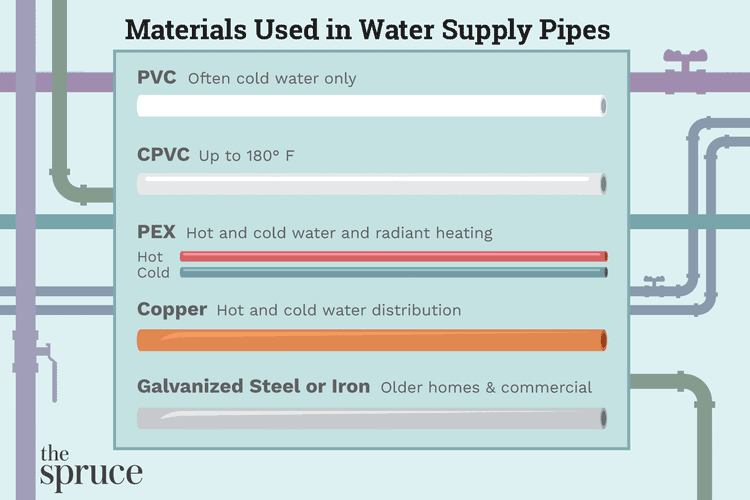While the term tar-and-chip may not be widely recognized, it’s likely that you’ve encountered this type of surface on driveways and roads. You might also be familiar with it under different names, such as chip-and-seal, seal chip, macadam, or liquid-asphalt-and-stone. Regardless of the terminology, it may not be the first option that springs to mind when considering driveways, as concrete, gravel, pavers, and asphalt tend to be more prevalent choices.

Contents
What is a driveway made of tar and chip?
Tar-and-chip paving resembles asphalt but involves a distinct installation method. It consists of multiple layers of gravel, heated liquid bitumen, and additional loose stones, which are applied to the surface and compacted.
You may have traveled along numerous tar-and-chip roads and parking areas. This type of surfacing has been effectively utilized for many years, particularly in countryside regions. Additionally, it serves as an economical option for driveways for those looking to save money.
- Affordable price
- Strong grip
- Simple upkeep
- Stronger than gravel.
- Shortened lifespan
- Finding contractors can be quite challenging.
- Susceptible to damage from snow removal equipment.
Cost of Tar-and-Chip Driveways
Given that it mainly consists of asphalt and gravel, it’s helpful to evaluate the expenses of a tar-and-chip surface in relation to the other two alternatives. Generally, a tar-and-chip driveway will cost approximately twice as much as a gravel driveway, while being slightly less expensive than an asphalt driveway. You can expect to spend between $2 and $5 per square foot, although the precise cost will depend on your location and local labor rates. Similar to asphalt driveways, the price of oil significantly influences the installation costs. Therefore, as the price of oil rises, the costs associated with these driveways are likely to increase as well.
Gravel is an economical option for driveways, but tar-and-chip provides a tougher, more resilient surface, even though it is not as long-lasting as concrete. Typically, tar-and-chip driveways can endure for up to a decade, whereas concrete can last around 40 years.
Tip
To enhance the lifespan of your tar-and-chip driveway and potentially reduce costs over time, think about applying a thin concrete base underneath.
Upkeep and Restoration
Tar-and-chip driveways require minimal maintenance. Unlike asphalt surfaces, they do not need frequent sealing, and minor cracks often repair themselves. Approximately every decade, the surface can be refreshed by applying more hot bitumen and loose gravel.
The uneven texture of tar-and-chip pavement can be damaged by snowplows that exert excessive force. When plowing, it’s advisable to maintain the blade just above the surfacealternatively, using a shovel or snow blower may be a more suitable option.
Design
Tar-and-chip driveways offer a distinctly rustic appearance, making them ideal for rural settings or casual landscapes. Their affordability makes them a practical choice for areas with extended driveways.
Installation of a Tar-and-Chip Driveway
Creating a tar-and-chip driveway is a straightforward procedure. Initially, a gravel foundation is laid, similar to other driveway materials. Next, hot liquid asphalt is applied over the gravel. After that, a layer of loose stones is spread, which are then rolled into the asphalt to complete the surface. When it comes to the top layer of stones, you have the opportunity to select various colors, allowing you to design a driveway that reflects your personal style.
Tar-and-chip can be applied over current driveway surfaces as long as they are in fairly good condition.
In contrast to the widespread availability of asphalt paving, which has many contractors, locating a company proficient in installing tar-and-chip driveways can be challenging. Additionally, this is not a project suitable for do-it-yourself enthusiasts. Before you fully decide to opt for a tar-and-chip surface for your driveway, take some time to search online for professionals in your vicinity who possess the required expertise and tools.
Ease and Accessibility
The surface texture of tar-and-chip paving provides improved grip in wet or snowy conditions. In comparison, both asphalt and concrete tend to be more slippery.
Leading Brands
The most effective way to locate a contractor for a tar-and-chip driveway installation is to look for asphalt companies, as many of them also offer tar-and-chip services. Since there are no national brands associated with this type of material, it’s important to conduct thorough research and check the qualifications and reputation of local contractors prior to making a hiring decision.
Tar-and-Chip versus Asphalt
Currently, the majority of tar-and-chip paving utilizes liquid asphalt, rather than authentic tar. Liquid asphalt, also known as bitumen, is a viscous liquid or semi-solid derived from petroleum. In contrast to tar, which is a refined product, bitumen or asphalt is a naturally occurring substance.
The term asphalt pertains to a type of durable pavement created from a combination of liquid asphalt and aggregate, which is spread out to create a solid surface. In contrast, tar-and-chip paving involves the application of the petroleum-based liquid and aggregate in distinct layers. Asphalt, in contrast, is a pre-mixed combination of bitumen and gravel, which is utilized in a heated, pliable state and then compacted and smoothed to establish a paving surface.
Tar-and-chip paving offers a more casual appearance compared to asphalt, and it tends to be more affordable and less long-lasting. Nevertheless, it might be challenging to locate contractors experienced in tar-and-chip paving, while asphalt installation services are widely available.
Is a Tar-and-Chip Driveway Suitable for Your Needs?
If you’re looking for a cost-effective and relatively casual paving option, tar-and-chip paving could be the ideal solution for you. However, be sure to verify local regulations, as some urban or suburban areas might have rules or restrictions prohibiting the use of this informal material for driveways.

